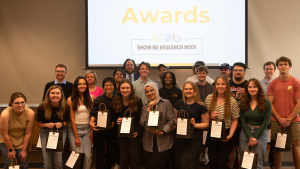
April 22, 2025
Student research shines at Show Me Research Week
The following seven engineering students received awards recognizing work in their respective fields.

March 24, 2025
Researchers using lidar and AI to advance transportation engineering and safety
Mizzou engineers are using advanced technology to help make our roads safer by better understanding how pedestrians, cyclists and vehicles interact.
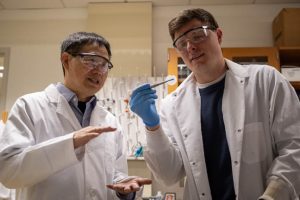
March 13, 2025
Mizzou Engineers extract rare earth elements from mine drainage
Chemical process creates a highly effective material for adsorbing neodymium.
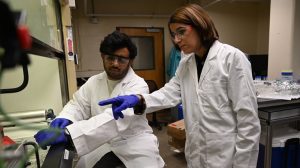
Feb. 26, 2025
Research reveals hidden risks from plastic-coated fertilizers in soil
A study by Mizzou Engineering researchers focuses on the microplastic pollution generated by polymer-coated, control-release fertilizers, highlighting the need for biodegradable alternatives.
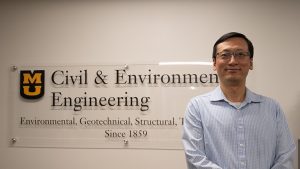
Jan. 31, 2025
Mizzou researchers discover simple solution to break down forever chemicals
The answer to removing PFAS, also known as “forever chemicals,” may be in your fishbowl.
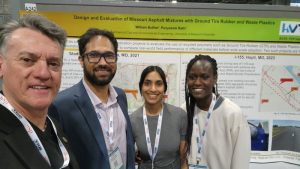
Jan. 15, 2025
Mizzou Civil Engineers receive High Value Research Award
Researchers from the Missouri Center for Transportation Innovation (MCTI) accepted a High Value Research Award for their work in sustainable pavements.
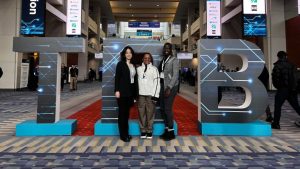
Jan. 15, 2025
Mizzou civil engineering students shine at Transportation Research Board Annual Meeting
Four civil engineering PhD students attended the conference presenting their research around improvements in transportation and safety. Two of the students received an award for their co-authored work.
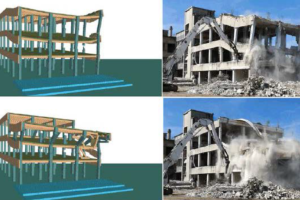
Dec. 2, 2024
Planning ahead of a collapse
Mizzou Engineer Sarah Orton is analyzing patterns in falling debris to halt building collapses and prevent fatalities.
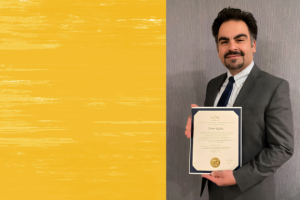
Nov. 22, 2024
Mizzou Engineer honored as ASME Rising Star
Hessam Yazdani, an associate professor of civil and environmental engineering at the University of Missouri, has been recognized by the American Society of Mechanical Engineers (ASME) with a certificate acknowledging his distinguished achievements in engineering mechanics.
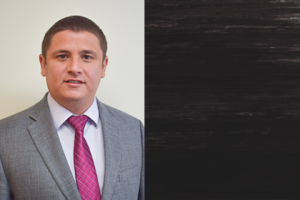
Nov. 22, 2024
Giraldo-Londoño awarded Haythornthwaite Research Initiation Grant
Oliver Giraldo-Londoño received one of five Haythornthwaite Research Initiation Grants from the (ASME) Applied Mechanics Division.